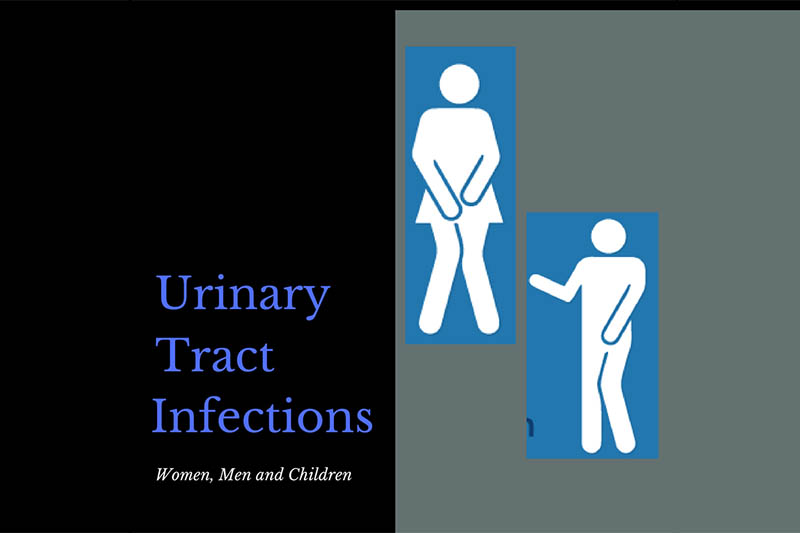
What are UTI’s? Urinary Tract Infections
Do you… Frequently or urgently need to urinate Often only pass small amounts of urine Have Pain or burning sensation when urinating These can be symptoms of urinary tract infections. There

Do you… Frequently or urgently need to urinate Often only pass small amounts of urine Have Pain or burning sensation when urinating These can be symptoms of urinary tract infections. There
Disclaimer – Our intent is not to diagnosis but to offer information on therapy choices and practitioners. Information on this site is intended general educational purposes only. Any statements made are carefully referenced and any information, products or services discussed are not intended to diagnose, cure, treat or prevent any disease or illness. Please consult a healthcare practitioner before making a choice.